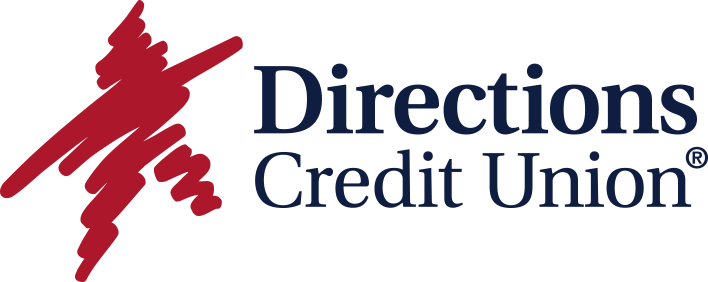Should You Be Worried About Ransomware?
- Details
- Written by Drew Guthrie
- Category: Articles

Recently, there has been an increase in businesses and individuals reporting that they have been affected by ransomware.
Ransomware is malicious software (malware) that prevents access, usually by encryption, to some or all of the files on computer hard drives. The software then informs the user that the only way to regain access to the files is to pay a ransom. The ransom must be paid using some type of digital currency such as bitcoins. Ransomware can end up on your computer through phishing emails, infected attachments, or infected websites.
Because ransomware prevents access to your files, having copies of your files is the most important step you can take.
So What Can You Do to Protect Yourself?
Because ransomware prevents access to your files, having copies of your files is the most important step you can take. Backup your files to the cloud and/or physical device such as an external hard drive or thumb/USB drive. Periodically check that you can retrieve files from the backup. If you use a physical device, don't leave it attached to your computer. There are many online backup, cloud backup, or file sharing services with various features that may fit your needs.
Use security software that includes anti-virus, anti-malware and email scanning. Make sure that it updates automatically and that regular scans are scheduled.
Practice safe computing. Don't download or open unexpected attachments. If you must open them, make sure that they are scanned by your security software first. Be wary about clicking on links in emails, on websites, or social media.
Take advantage of spam filtering provided by your email services and email program.
Keep your operating system and all of your software programs and apps up to date. Allow the software to update automatically if available. Scammers can take advantage of software vulnerabilities to install malware or take over your machine.
If you get infected, disconnect the computer from your home network and the Internet. There is no guarantee that you will get access to your files again so paying the ransom is usually not a good idea. Depending on the type of ransomware, you may be able to find restoration tools online.













